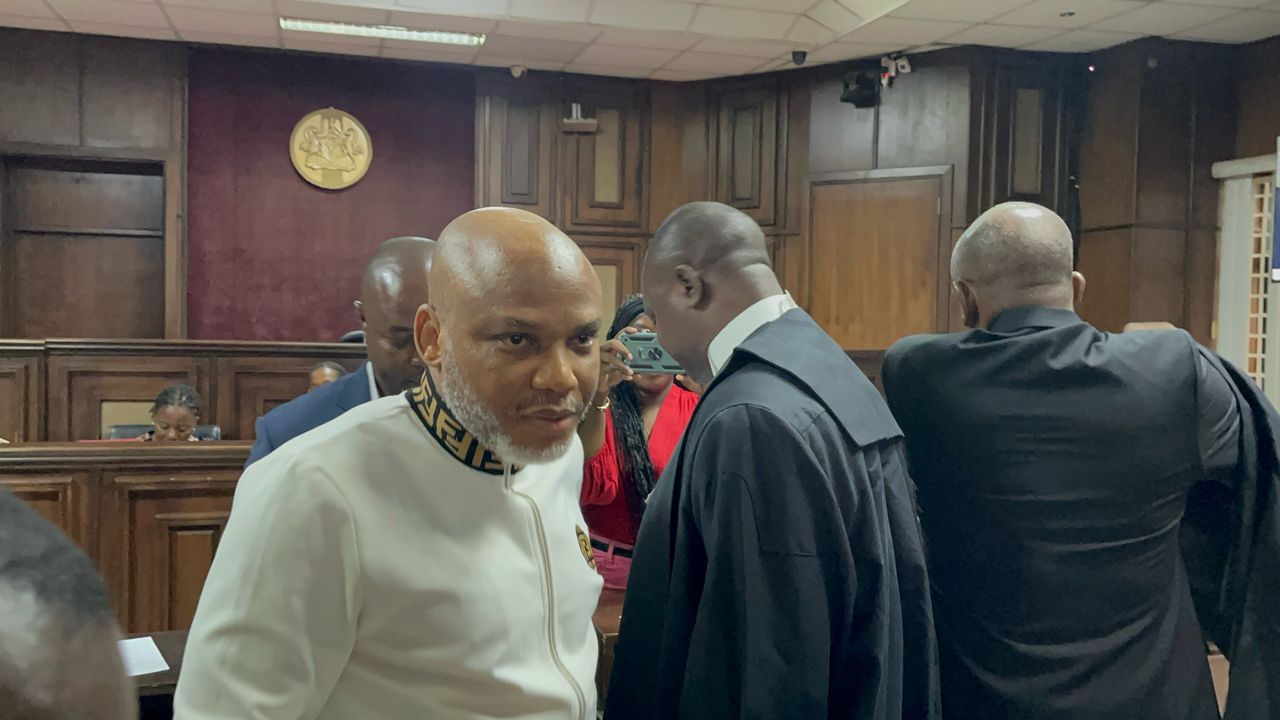How Hip-hop Explores Mental Health - by John Wright
June is the month when we observe two significant events: Black Music Month and Men’s Mental Health Month.
While thinking about this week’s newsletter, it dawned on me that there’s a common misconception that today’s rap music doesn’t address mental health.
To the untrained ear, Hip-hop is often perceived as being only about fame, money, and women. However, for those immersed in music and culture, you know that these young men and women are creating mantras and titles that often contradict their circumstances. They’re speaking life into themselves.
Name descriptors like “Big, Young, Mighty, King/Queen,” etc., all grasp at something bigger than the names/circumstances they were given at birth.
The raps represent aspirations for something more or confirmations that they’ve achieved something greater than they could’ve thought possible.
The history of these themes spans decades of hip-hop as well. Today is a deep dive into the history and themes as they appear in the music.
Y’all know the vibes! Let’s talk about it.
Mental health in rap music has been a prevalent topic since the early 1990s. Songs like the Geto Boyz's “My Mind’s Playing Tricks On Me” tell a story of deep paranoia and depression that comes with living a street life.
Moreover, Tupac talked extensively about his fears of dying young, and Biggie literally had a song called “Suicidal Thoughts.” Still, these songs aren’t outliers. I’d venture to say that most rappers in the ‘90s approached mental health themes in various ways.
The songs above are the usual suspects, but I'd like to highlight just a few more gems.
Go through the YouTube comments of these songs in juxtaposition to the lyrics, and you’ll see that they serve as audio therapy sessions for both the emcee and the listener.
“One day you’re here, baby, and then you’re gone”
This song is one of the standout tracks from UGK’s “Ridin Dirty” — an undisputed Hip-hop classic. To some, it’s just another song, but it’s truly an exercise in dealing with grief. Again, head to YouTube and see how many people share their stories in the comments.
Y'all feel a n***a's struggle, y'all think a n***a love to
Hustle behind the wheel, tryin' to escape my trouble
Kids stop they greetin' me; I'm talkin' sweet to keys
Cursin' the very G*d, that bought this grief to be
For as much as Jay’s first album showcased a lifestyle filled with opulence, it also revealed bouts of introspection about the life he was given, the life he was living, and the various trappings that came with being in the streets.
Songs like "Politics, as Usual," open with Bars that show a man who wrestled with inner turmoil and won.
In the early 2000s, a profound shift occurred from Gangsta rap to another style: Backpack Rap.
Perhaps the main project people point to from this era that extensively displayed mental health themes is the genre-bending project 808s & Heartbreak — but there are a ton of rappers who flew under the radar from this era that also addressed mental health, like Joe Budden.
Although many now know Joe Budden as a podcaster, he was actually one of the first mainstream emcees to openly discuss his own mental health in his music, doing so at a time when it wasn’t particularly popular to wear one's emotions on one's sleeve.
His mixtape series Mood Music became a beacon for many as these projects featured tracks that talk about everything from his drug use to his relationship issues, depression, etc.
In many ways, he was the blueprint for rappers discussing mental health during Hip-hop’s blog era.
These days, the topic of mental health in rap isn’t as taboo. Everyone from Future to Big Sean openly talks about their mental health journeys and how they balance it all.
Here are some of the consistent themes that we see pop up in the music:
Rappers often explore the emotional toll of surviving difficult environments while peers do not, subtly navigating grief and existential anxiety.
The film below “God Is Gangsta” features music from Kendrick Lamar’s 2nd album “Too Pimp A Butterfly” and specifically the song “U”
U is a strikingly heavy record that sees Dot struggling with loving himself despite the many failures he has — not checking up on friends back in Compton, missing communications with people who ultimately passed away, and more.
“Loving U is complicated” - Kendrick Lamar
"Tears hit my pillow as I lay in the dark/Broken soul, but I mastered turning pain into art" - Freddie Gibbs.
Much of Freddie Gibbs's music is retrospective of his time back in Gary, his rise to fame, and the traumatic events that have occurred since then, like his detainment overseas and more.
Songs like "Origami" see him reflecting on a familiar figure in his music, Lil Sodi — a fellow Gary emcee who passed away. As the lines above indicate, he feels deeply about many things.
Other songs like “Fake Names” see him wrestling with the deeds of the past and those who didn’t make it.
“Sh*t so real gotta use fake names/ Everytime I sleep dead faces they occupy my brain/ Christina said I’d never change/Lifestyles of the insane”
Rappers often explore themes of self-worth through the lens of reminding themselves that, despite their circumstances, they are worthy and deserving of what life has to offer.
"I hope you find some peace of mind in this lifetime"
The entirety of Mr. Morale & The Big Steppers is a therapy exercise — Kendrick wrestling with the different parts of himself that many men wrestle with: everything from depression to sex addiction and self-worth.
Songs like the one below, Count Me Out, are an uplifting mantra.
Another aspect of Mental Health is affirmation, and this is a major theme in Nipsey’s music, which is why it stands the test of time.
His brand, The Marathon, embodies resilience and the idea that life is a race and you have to keep going, no matter what.
The Marathon Continues, and when it’s all said and done, you’ll get to hit your Victory Lap.
These two songs are just a few of the gems in his catalog.
Salvaged a little bit, young rich n*gga shit
Pressure on your shoulder, how you gon' deal with it?
Say it's uncomfortable when you transitionin'
But it's so beautiful when you get rich in it
When you start killin' sh*t, and they all witness it
- Nipsey Hussle
Am I missin' somethin' that's more important to find?
Like healin' my soul, like family time
Is there more to life than just when I'm feelin' alive?
Is there more?
-Drake
Drake used to catch a lot of flack for rapping about his feelings, but the introspective records are a staple in his career.
Songs like “Fear” underscore the pressure he was feeling at the beginning of his career, while records like “Is There More” find him asking, is this really it? It’s a great song with a heavy meaning.
Many of rap’s elder statesmen are now family men. As such, their music now explores themes of anxieties around Fatherhood, much of it from the perspective of fears of repeating familial patterns of trauma, neglect, or emotional distance.
Yeah, I'll f*ck up a good thing if you let me/ Let me alone, Becky/ A man that don't take care of his family can't be rich/ I watched Godfather, I missed that whole sh*t…
Isaiah Rashad’s music delves into many of the themes above, but the music video for his song "4r Da Squaw" was a really creative way to show where he is mentally and financially as he makes an effort to be present in his son’s life in the best way.
Some emcees use their music to explore deeper insecurities — revealing anxiety about maintaining status, providing for family, and the fear of losing everything.
By many accounts, Kid Cudi was considered one of the first “emo” rappers — although he doesn’t fit squarely into the Hip-hop genre, he was another one of the first Hip-hop mainstream artists of the Blog era to wear his mental health on his sleeve.
To that extent, Pursuit of Happiness stands the test of time because of its message.
"In high school, I learned chemistry and biology but not how to cope with anxiety."
Post Detroit, Big Sean focused on healing and reckoning with the feelings of anxiety and depression that had been building after being on the grind.
He has emerged on the other side as a more complete person and artist — songs like the one below show that especially.
Man listen.
Krit’s music explores numerous themes, and while I’m only highlighting the song below, songs like “Free My Soul” and “American Rap Star” chronicle the journey of a man who recognizes his flaws and strives to do the best in the music industry while navigating it all.
Return of 4eva is one of my favorite projects — I highly recommend it if you’ve never heard it before.
The most recent generation of HIp-hop stars has no qualms about talking about their emotions. Instead, as rap music starts to become more punk again, that’s the sound.
When XXXTentacion, Juice WRLD, and others made their way onto the scene, they showed a new generation how to cope with hopelessness, anxiety, numbness, etc.
To that point, you can see that HIp-hop’s elder statesmen are now becoming more comfortable talking about their mental health — many recognize that what they went through in their younger days was traumatic and gave them PTSD. Some even go to therapy now.
I've put together a playlist of some jams that fit the theme of this month and intend on adding more if anyone reading has suggestions.
If you need a pick-me-up or want some vibes for this Friday, give it a listen.
Otherwise, take it easy this week. Shit is crazy right now, but it’s Friday, right?
Give yourself a little grace today. I know I am.
One.











